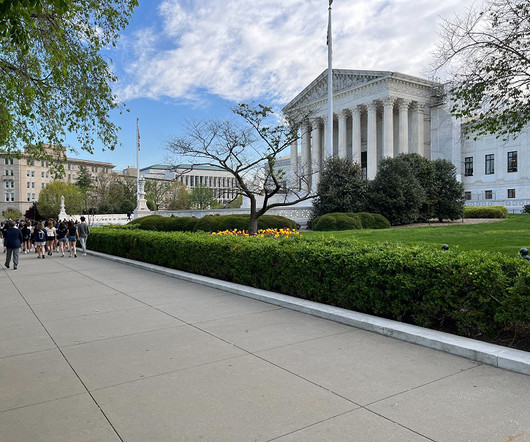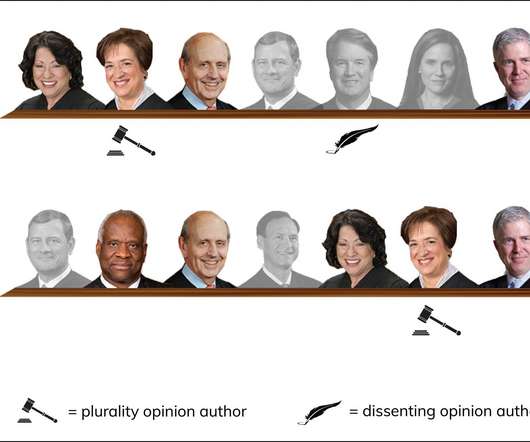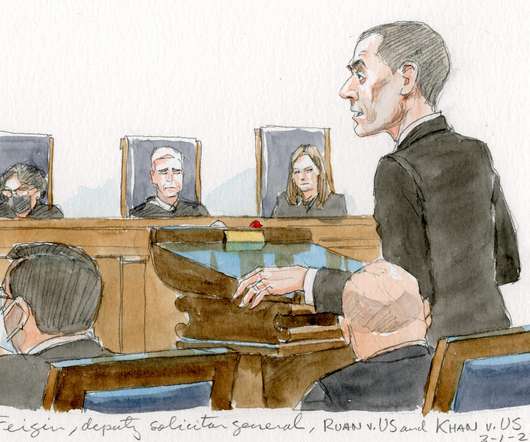Panel Holds that Ohio Aggravated Burglary Statute Does Not Count as Predicate Violent Felony under ACCA.
SquirePattonBoggs
FEBRUARY 14, 2023
2022), the Sixth Circuit read Borden as requiring a purposeful or knowing mens rea for offenses deemed violent felony predicate offenses. The government relied on Patterson in arguing that the defendant’s prior aggravated burglary convictions counted as violent felony predicates under ACCA. Butts , 40 F.4th 4th 766 (6th Cir.


















Let's personalize your content